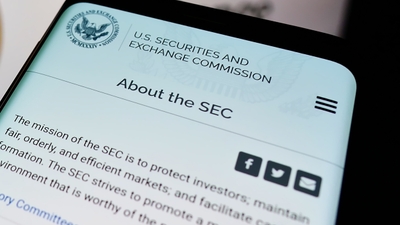Free Airdrop Season 7 is LIVE! Answer fun questions or do simple tasks to earn rewards from the $30K BitDegree prize pool. Participate Now ! 🔥
Hong Kong Financial Authority Strengthens Crypto Regulations After JPEX Fiasco
JPEX troubles force Hong Kong to take a closer look at VATPs.
Hong Kong's Securities and Futures Commission (SFC) is ramping up its regulatory oversight of cryptocurrency trading platforms.
The decision comes in the aftermath of the crypto exchange JPEX scandal, which has led to financial losses estimated at around $178 million and garnered more than 2,200 complaints from affected users.

Did you know?
Subscribe - We publish new crypto explainer videos every week!
What is an Automated Market Maker in Crypto? (Animated)


To help the public better identify regulated and unregulated virtual asset trading platforms (VATPs), the SFC plans to publish a comprehensive list. This list will categorize VATPs based on their licensing status, including those licensed, awaiting approval, closing down, and those with pending applications. The regulator will also feature a distinct list of "suspicious VATPs."
The urgency of these measures has been highlighted by the JPEX scandal, where the crypto exchange is accused of offering services to Hong Kong residents without a proper license.
This case has led to the arrest of eleven people, including crypto influencers, YouTube personalities, and JPEX employees, who are now under investigation. The SFC stated that the JPEX incident:
Highlights the risks of dealing with unregulated VATPs and the need for proper regulation to maintain market confidence.
To further address these issues, the SFC is collaborating with local police to establish a dedicated channel for the public to report any suspicious activities or possible legal violations involving VATPs. This will also assist in the ongoing investigation to bring the culprits behind the JPEX fiasco to justice.
Since the rollout of the new VATP licensing scheme on June 1st, only two platforms, Hashkey and OSL Digital, have been granted a license to serve retail customers.
Despite the setback caused by the JPEX scandal, the SFC continues to recognize the potential benefits of cryptocurrencies to financial markets. However, the regulator also stressed the associated risks, including money laundering and investor protection concerns.






















